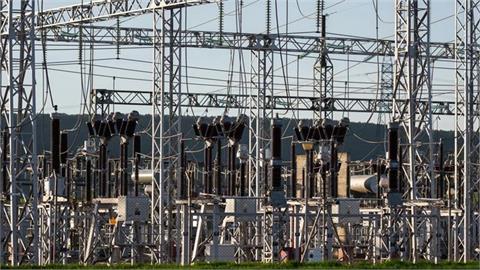On 22 June, Denmark and Turkey signed a new energy agreement that extends the existing agreement on assisting Turkey in devising legislation in the district heating sector. Moreover, the two countries initiate a new authority cooperation within offshore wind. In general, Denmark assists Turkey with their green transition, which also reduces their dependence of imported energy. In the long term, the business potential is believed to be very strong. On 21 June, the Turkish energy authorities released the country’s first tender in offshore wind.
On behalf of Denmark, the Danish ambassador Svend Olling signed a so-called ‘Memorandum of Understanding (MoU)’ together with Dr. Oguz Can, president of General Directorate for Renewable Energy under the Turkish Ministry of Energy and Natural Resources. The signature follows the current, positive authority cooperation with Turkey. Overall, Denmark assists the Turkish energy authorities in developing relevant politics, strategies and solutions, which enhances the green transition of the energy sector.
Specifically, the Danish Energy Agency supports the devising of a heat utility law with supporting mapping and analysis assignments. It will be Turkey’s first heat utility law that will be very inspired by the Danish heat utility laws, which have been valid since 1979. On top, a new project is established for developing a road map for Turkey’s offshore wind expansion.
A big potential for wind power
Today’s signature is especially interesting in the light of Turkey’s first tender in offshore wind, with a size of between 840-1.200 MW, released by the Turkish energy authorities on 21 June. The new agreement is believed to make way for new cooperation projects, including the expansion of offshore wind, where a big potential is assessed in Turkey. The immediate possibilities show a 7-10 GW potential, but further analysis are believed to estimate even higher potential. 6.5 GW onshore wind power is installed and the national goal is a 20 GW wind power expansion by 2023. The Danish Energy agency is in dialogue with the Turkish authorities regarding the content of possible offshore wind in Turkey with participation of Danish operators working in the sector.
Presumably, there is a big business potential for Danish companies within district heating and cooling, where a number of companies already have a positive dialogue, and- long term-also in offshore wind where the potential is very big. The expansion with solar and wind power have attracted investments with a total of USD 12,3 billion in Turkey from 2006-2017. With Turkey’s ambitious goals, a continuing high investment level is expected in the coming years.
Many possibilities for own production and district heating expansion
Turkey has many big and unexploited potentials of surplus heat from existing power plants, industries and incineration of household waste at their disposal. In addition, come the opportunities to exploit sustainable energy sources in the form of geothermal energy, biomass and solar energy. If these potential are to be exploited it requires that large co-dependent district heating markets are established. The Turkish energy minister Berat Albayrak recently presented a national energy efficiency plan of action, which, among others, is to estimate the potential for efficient power planted heating, district heating and district cooling systems.
Exploitation of surplus heat will match Turkey’s wish to increase own production of energy and increase the share of sustainable energy in the energy and heat mix. In this context, the Danish experiences and positions of strength regarding energy transitions and district heating development are very relevant for Turkey.
A growth country with high import dependency
With a 7.4 percent growth rate, Turkey was the fastest growing economy among the OECD countries in 2017 while the demand for electricity increased by 5.6 percent. Therefore, the Turkish state has focused on restructuring the energy sector and making it more efficient by privatizing a number of companies and separating production and distribution in the electricity market. Currently, more than half of the energy is imported and, to a great extent, the import dependency explains Turkey’s big deficit in the balance of payments with USD 47.1 billion in 2017, of which USD 37.2 billion came from importing energy.
(stateofgreen.com, 25/06/2018)



